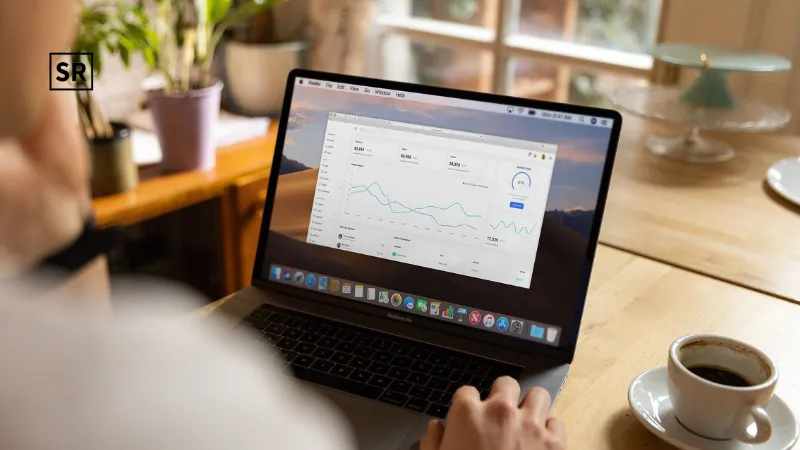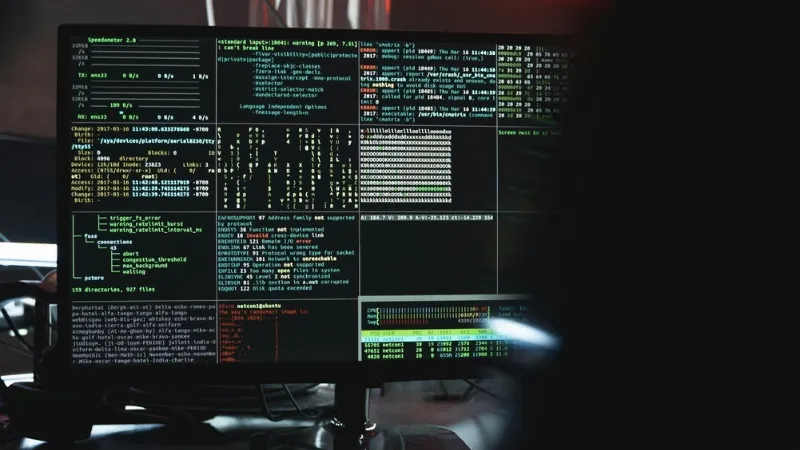The crypto world is filled with stories of self-made millionaires, traders who caught the bottom, and influencers who call themselves “degens” yet pull six figures a month. The underlying message? Do it yourself. No help needed. Just hustle, a few charts, maybe some AI tools — and you’re set.
Behind the scenes, anyone with real volume — whether it’s staking, farming, flipping NFTs, yield optimizing, or DEX arbitrage — knows the chaos. Wallets multiply. Transactions pile up. Token prices fluctuate wildly. One staking reward may be worth $20 today, $200 next week, and $2 a month later. Tracking everything for tax, compliance, or even your own sanity? Nearly impossible without help.
Crypto investing is not just about buying low and selling high anymore. It’s a maze of taxable events, smart contract interactions, and regulatory traps that change by country, year, and even token type. A good crypto accountant doesn’t just fill in forms — they can save your business, protect your wealth, and help you sleep at night.
What Makes Crypto Accounting So Complex
1. Too Many Transactions
Some investors make thousands of micro-transactions in a single year. Add a few bots, auto-compounding farms, or high-frequency trading on-chain — and it’s chaos. Each interaction may be a separate taxable event.
2. Lack of Standardization
There’s no universal format for tracking DeFi or NFT activity. Unlike stock trades that are neatly documented by your broker, crypto activity is scattered across wallets, exchanges, and blockchains — each with its own quirks.
3. Airdrops, Forks, and Wrapped Assets
Did you get an airdrop? That might count as income. Claimed a forked token? That’s another taxable event. Wrapped ETH into WETH and back again? It’s not free of implications, depending on jurisdiction.
4. Moving Between Chains
Bridging funds from Ethereum to Arbitrum to Polygon to Solana may seem like a single move. But tax software may see it as multiple disposals and acquisitions.
5. Staking, Liquidity Pools, and Farming
Yield farming isn’t “free money.” Depending on how the protocol works, each reward might be considered income — and you might also be taxed again when disposing of the tokens.
6. Token Prices Are Volatile
Imagine farming tokens that drop 95% in value after claiming. You may owe tax on the original value, even if you later sell at a loss.
And if you're looking for a trusted expert who can handle it all — from DeFi chaos to multi-chain madness — crypto accountant LFTA can help you get it right.
Why General Accountants Usually Fail at Crypto
Let’s be blunt: most traditional accountants have no clue how DeFi, staking, or wallets work. They might be great with QuickBooks, payroll, or regular capital gains — but when you say “I got 14,000 governance tokens from a DAO treasury multisig,” they freeze.
That’s dangerous.
 A general accountant might:
A general accountant might:
- Misclassify income as capital gains (or vice versa)
- Miss staking rewards
- Fail to understand taxable events in liquidity provision
- Overlook gas fees
- Miss NFT valuations
The result? You either overpay or underpay — both risky in different ways. Overpaying bleeds your capital. Underpaying could lead to audits, penalties, or worse.
What a Crypto Accountant Actually Does
1. Transaction Aggregation
They gather all your transactions across wallets, chains, and exchanges. This includes MetaMask, Ledger, Binance, Coinbase, Arbitrum, Optimism, zkSync, and any chain you touch.
2. Tax Categorization
They know what’s income, what’s a capital gain, what’s staking, what’s a wrapped asset conversion. Each is taxed differently. Mislabeling them can destroy your returns.
3. Loss Harvesting and Offsetting
Have unrealized losses? A crypto accountant helps harvest those losses strategically — reducing your tax bill now or in the future.
4. Regulatory Reporting
Whether it’s the IRS, HMRC, CRA, or another agency, they know how to prepare compliant documents. Many jurisdictions now demand crypto income declarations — a failure to report can lead to criminal charges.
5. Multi-Country Complexity
Nomads and DAOs often have cross-border tax issues. A crypto accountant who understands multi-jurisdictional law can prevent double taxation or costly mistakes.
6. Strategic Planning
 It’s not just about reporting — it’s about optimization. When should you sell? What wallet structure should you use? Should you use a company, a trust, or a personal account? They help structure your crypto activity to be smarter and safer.
It’s not just about reporting — it’s about optimization. When should you sell? What wallet structure should you use? Should you use a company, a trust, or a personal account? They help structure your crypto activity to be smarter and safer.
Crypto investors face a complex, evolving environment that’s very different from traditional finance. The stakes are high: missteps cost real money, time, and legal risk. Whether you’re yield farming, flipping NFTs, bridging chains, or just holding — your financial activity has tax consequences.
Trying to manage it all without professional help is not just hard — it’s reckless. The bigger your portfolio, the more you have to lose.
A good crypto accountant is more than a tax preparer. They’re your compliance partner, strategic advisor, and financial firewall. In a space defined by volatility, complexity, and speed, they’re one of the few constants that help you move forward — safely.
Don’t wait until tax season to realize you needed help last year.


 Follow us
Follow us Follow us
Follow us













